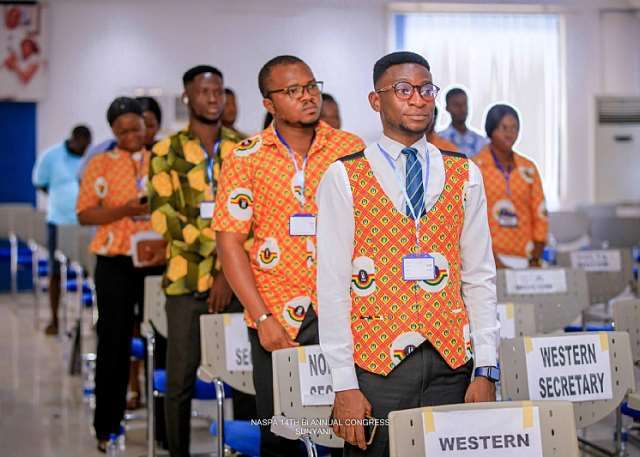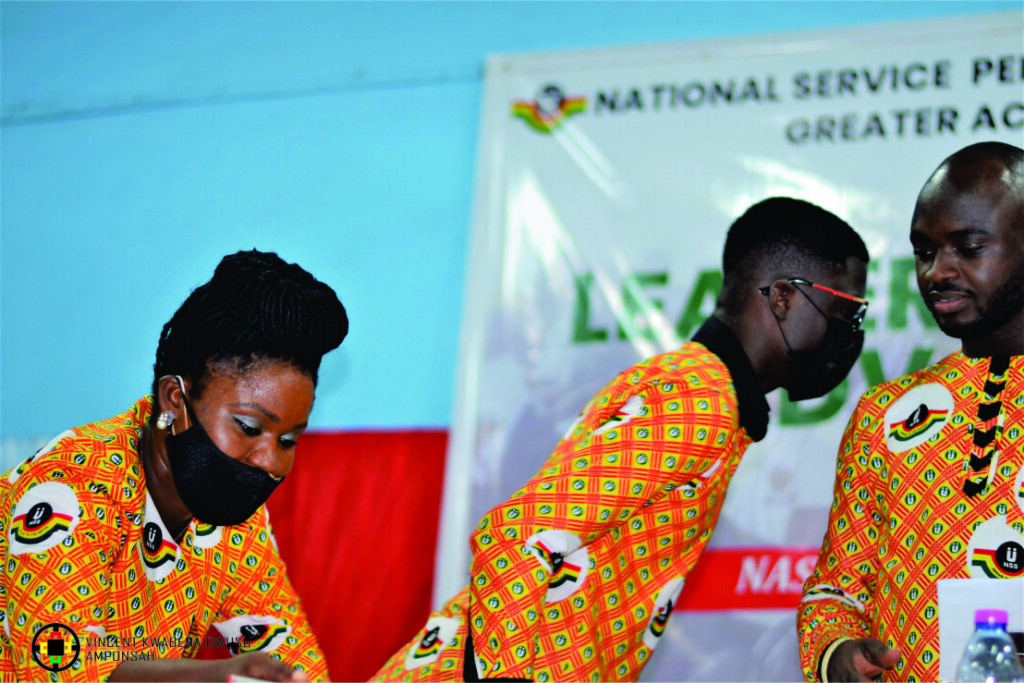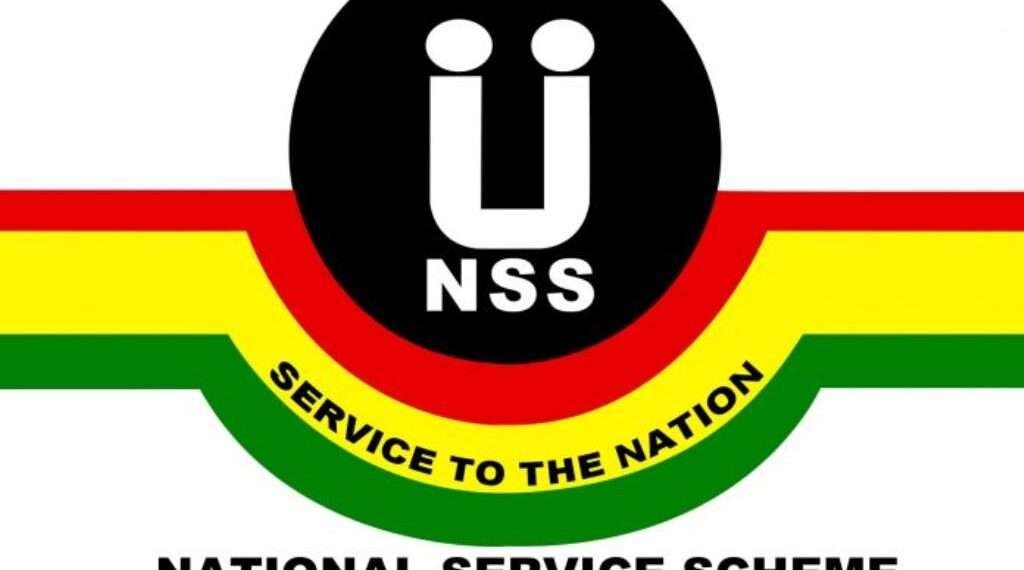The National Service Authority (NSA) has announced the official release of PIN codes for 132,393 final-year students eligible for the 2025/2026 national service year, marking a crucial step toward deployment for thousands of Ghanaian graduates.
This exercise, which draws from a pool of submissions by 100 accredited tertiary institutions, is seen as a major milestone in the national service process.
According to the NSA, this year’s numbers reflect a new standard of integrity in data collection and submission, following a strict validation regime.
“This process has effectively eliminated any form of inflated or bogus submissions. As a result, this year’s figures are on average 26% lower than the numbers received over the past three years, with a peak reduction of 36% compared to the 2022/2023 session.
“This figure is part of a total of 135,990 final-year Ghanaian students submitted by 122 tertiary institutions across the country.”
National Service Authority (NSA)
The Authority noted that this significant improvement is due to collaboration with the Ghana Tertiary Education Commission (GTEC), which ensured that only institutions with valid accreditation had their students’ data accepted.
From the total of 135,990 submissions received from 122 tertiary institutions, a subset of 3,597 submissions from 22 institutions was excluded from processing due to unverified accreditation status.
NSA clarified that these institutions are currently not recognized by GTEC and that their graduates will not be mobilized for service until official verification of accreditation is provided.

This reinforces the agency’s commitment to ensuring that only eligible students from recognized institutions are enrolled in the national service scheme.
“NSA also urges institutions with expired accreditation to engage with GTEC and regularize their status within the next 30 days. This will ensure a hitch-free deployment process for their graduates’ post-registration.”
National Service Authority (NSA)
This directive is seen as a call to action for academic institutions operating in a regulatory gray area to urgently take steps toward compliance.
The NSA’s statement emphasized that GTEC-validated accreditation data has been made available to the public for transparency and reference by stakeholders.
NSA On Access Private Applicants
In addition to the main batch of PIN codes for graduates from accredited institutions, the NSA disclosed that 908 PIN codes are pending for private applicants.
These include Ghanaians who studied abroad or those who had previously deferred their national service or defaulted and are now ready to undertake it. These applicants are currently undergoing final institutional verifications.

The NSA also urged individuals in this category to contact support lines by June 24, 2025, should they be unable to access their PIN codes by then.
Ensuring access within this timeline is critical to meeting registration deadlines and avoiding complications during deployment.
Further expanding on the upcoming service year, the NSA also announced the continuation of the Pilot Phase of the Six-Week Basic Military Training, which was introduced as part of a broader reform of the national service programme.
A limited number of personnel from the 2025/2026 cohort will be selected to participate in this orientation.
Prospective participants can express their interest in this military component during the online registration process, which is set to open on June 17, 2025, and close on July 1, 2025.
The Authority reassured applicants that involvement in the pilot will not disrupt their primary service assignment.
“Final postings to user agencies will occur after the military orientation is complete, ensuring that no participant forfeits their work placement due to participation in this phase.”
National Service Authority (NSA)

The NSA’s hybrid deployment approach—which now includes a voluntary military training option—has received attention as an innovative strategy to build civic discipline, enhance resilience, and improve readiness among graduates entering the workforce.
This year’s rollout demonstrates the NSA’s broader commitment to not only improve the efficiency of the national service system but also to uphold national service as a symbol of citizenship and nation-building.
By ensuring that only students from accredited institutions proceed and offering voluntary enhancement programmes, the Authority is aligning service deployment with national development goals.
As registration opens, all eligible applicants are encouraged to complete their online processes within the scheduled timeline, taking advantage of the available support channels to ensure a seamless experience.
The NSA’s effort to streamline its operations through enhanced verification and inter-agency coordination is a noteworthy development in Ghana’s educational and civic ecosystem.
It also sends a strong signal to educational institutions that compliance with regulatory bodies is no longer optional—it is a necessity for legitimacy and student success.
READ ALSO: Artists Called on To Improve Their Live-Performance Skills



















